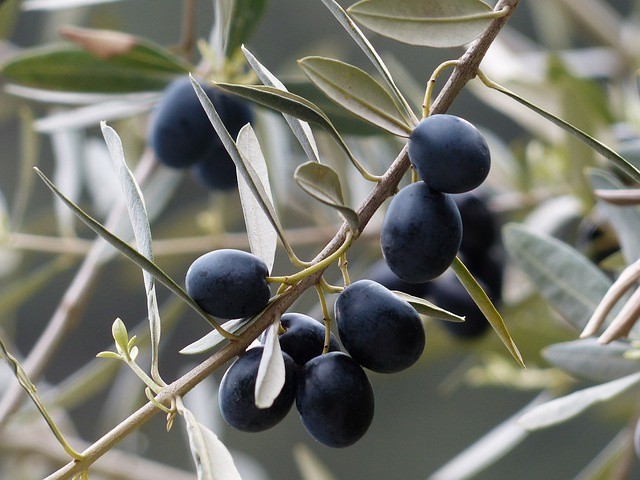
An invasive and deadly plant pathogen is now threatening billions worth of olive trees in Europe. The bacterium called the Xylella fastidiosa causes diseases in a variety of plants. It causes Pierce's disease in grapevines, peach phony disease, variegated chlorosis in citrus, plum leaf scald, olive scorch, leave scorch diseases on almond, coffee, pecan, oleander, among others.
Xylella fastidiosa is regarded as one of the most dangerous pathogens that affect plants in different parts of the world. The bacterium is transmitted by sap-sucking insects and other vectors and has killed plenty of trees in Italy. Currently, it also poses a threat to the olive plantations in Greece and Spain. There is no known cure for the infection.
In a research conducted by a team of European researchers, they have simulated the future spread of the disease and its economic impact to calculate potential losses in profits and investments. The study focused on Italy, Spain, and Greece, which account for almost 95 percent of the olive oil production in Europe.
A strain of the bacterium in the European territory, particularly in Italy, was identified for the first time in 2013. The plant diseases caused by the Xylella fastidiosa resulted in enormous economic damage to the countries affected.
Olive quick decline syndrome (OQDS) is a disease affecting olive trees, and one of the kinds of infection caused by Xylella fastidiosa. OQSD causes dieback of leaves, twigs, and branches, and affected olive trees no longer produce crops once they get hit.
Considering rates of expansion of the olive oil industry in Italy, the economic impact of this disease for 50 years, ranges from 1.9 billion to about a whopping 5.2 billion Euros. The team projects this as the worst-case scenario wherein the olive oil production stops after the olive tree plantations die off.
The possible worst-case scenario in Spain if the disease continues to spread and infect the majority of the trees, is projected at around 17 billion euros. The losses in Greece is estimated at under two billion euros. The impact will be reduced significantly if replanting varieties that are resistant to the disease becomes feasible. The projected effects will then lower to 0.6 to 1.6 billion euros.
The conditions brought by the plant pathogen are alarming and have put the olive oil production in jeopardy. The spread of the infection has caused the decline of about 60 percent in crop yields and could result in an increase in the prices of olive oil for consumers. Moreover, the devastation has also caused a depreciation in land value and the attractiveness of the region for tourists. It has also affected agricultural jobs and has impacted local economies.
Addressing the concern means that infected trees are removed, movement of plant materials are prevented, and the vectors that spread the disease are also controlled.
The analysis of the study thus emphasizes the necessity to intensify research on breeding resistance traits in the cultivar and applying phytosanitary measures for the control of plant diseases. The researchers believe that to defeat the pathogen, immune species or resistance trees are the most environmentally sustainable, and most promising, long-term control strategies.
© 2026 NatureWorldNews.com All rights reserved. Do not reproduce without permission.





